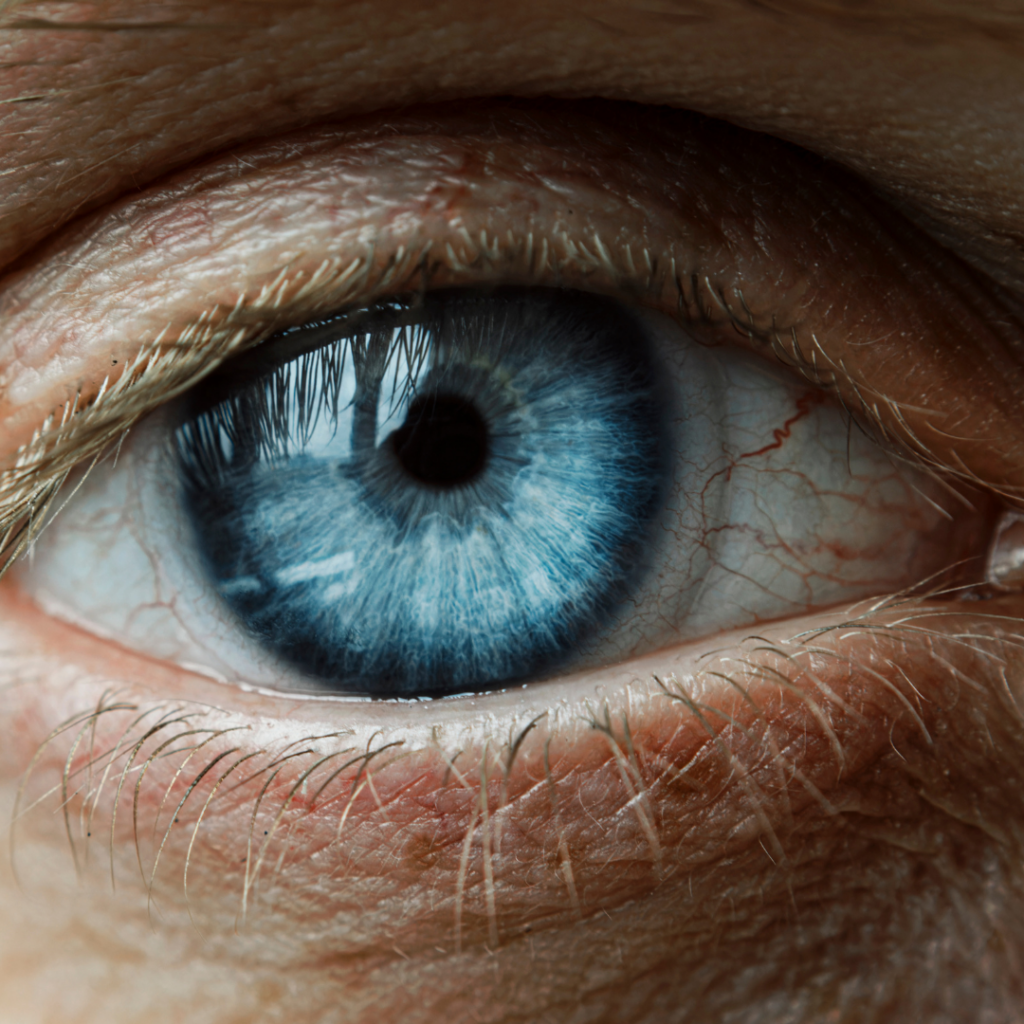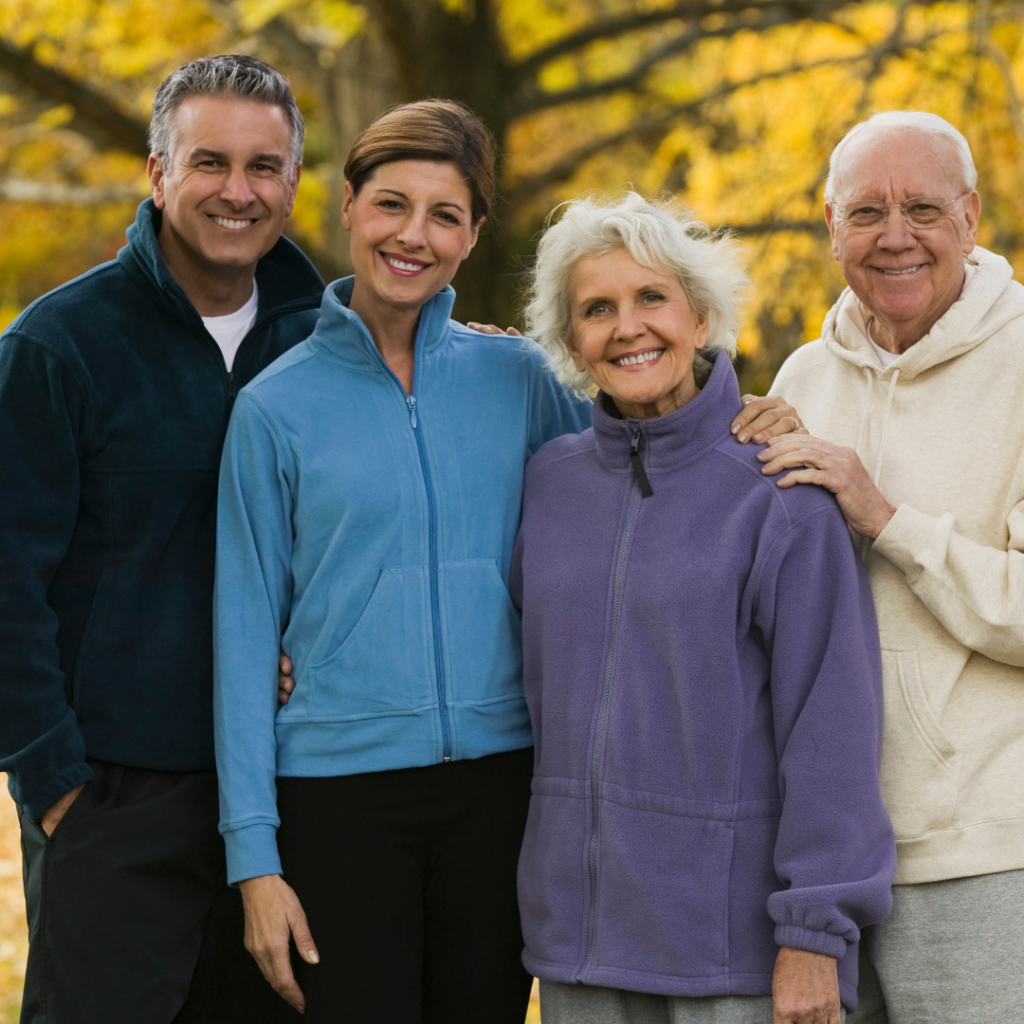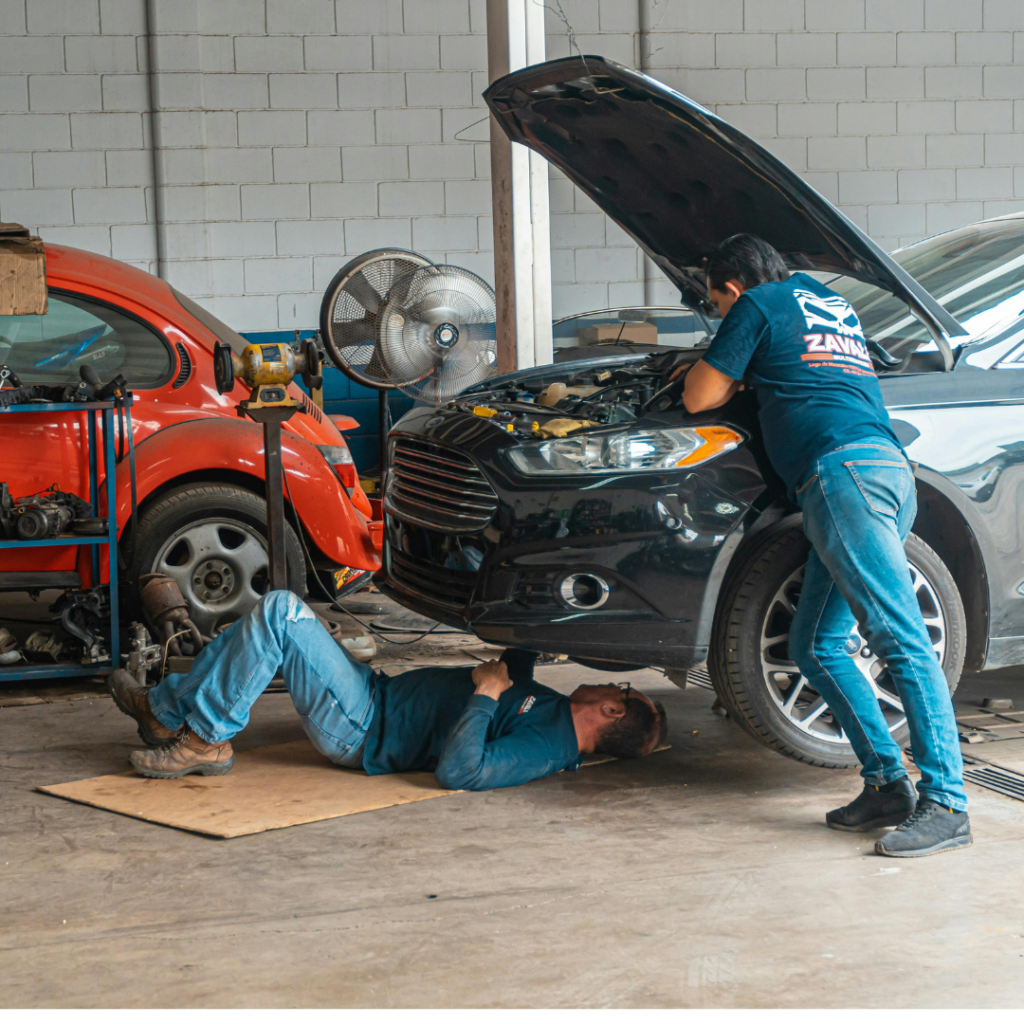When families entrust their loved ones to hospitals, they deserve assurance that safety and care will be prioritised above all else. Yet, cases such as that of 95-year-old Denis Keane, who tragically passed away following an unwitnessed fall from his hospital bed at Tallaght University Hospital, remind us of the critical need for improved patient safety measures.
This post explores the details of Mr Keane’s inquest, the implications for patient safety, and steps we can advocate for to minimise such tragedies in the future.
Denis Keane’s Story: What Happened?
Denis Keane, a long-time resident of Walkinstown, Co. Dublin, was admitted to Tallaght University Hospital in March 2023 for issues related to decreased mobility and a fibula fracture. Despite being classified as a high fall-risk patient, his tragic story unfolded due to circumstances that have left his family and the public questioning the safeguards in place.
- The Fall
On April 5th, 2023, nursing staff discovered Mr Keane on the floor with a side rail of his bed lowered, though it was intended to remain raised due to his fall history. Despite the staff’s immediate response and ongoing observation, Mr Keane later developed a large subdural bleed, which led to his untimely death on April 6th.
- The Aftermath
At the inquest, Mr Keane’s daughter raised concerns about how the bed rail was lowered, noting her father’s physical limitations made it near impossible for him to lower it unassisted. The coroner’s verdict of “misadventure” highlighted that Mr Keane’s fall was the unintended consequence of an intended act (the use of bed rails for safeguarding).
This heartbreaking incident exposes challenges in maintaining patient safety in hospitals, particularly for vulnerable elderly individuals, and underscores the need for robust, consistent protocols to prevent similar occurrences.
The Risks for Elderly Patients
Mr Keane’s case is a sobering reminder of the heightened risks elderly patients face in hospital settings, including falls and their often-severe consequences.
- Falls in Hospitals
Falls are among the most common adverse events in hospitals, with elderly patients being especially susceptible due to factors like reduced mobility, cognitive impairments, and medication side effects. According to the HSE, approximately 30% of inpatients over 65 experience at least one fall during their hospital stay.
- Medical Complications
For elderly patients, even a seemingly minor fall can lead to life-threatening complications. Mr Keane’s case, involving a subdural haematoma exacerbated by anticoagulant therapy, illustrates how falls can set off a chain of medical events with tragic outcomes.
Key Patient Safety Lessons
While hospital staff are compassionate and hardworking, system failures can lead to avoidable harm. Denis Keane’s story calls attention to areas where improvements are most urgently needed.
1. Bed Rail Protocols
Properly maintaining patient-side rails for those with limited mobility is crucial. Clear documentation and accountability should ensure rails are consistently engaged for high-risk patients unless explicitly waived.
2. Enhanced Monitoring
Hospitals should address gaps in supervision through strategies like continuous video monitoring, bed exit alarms, and increasing the nurse-to-patient ratio in wards with elderly or vulnerable individuals.
3. Individualised Risk Assessments
Patient care plans must include personalised fall prevention strategies. For patients like Mr Keane, these should account for fall history, medication risks, and mobility challenges.
4. Family Communication
Families of high-risk patients could have valuable input into safety plans. Hospital procedures should actively encourage family participation and regular updates.
5. Staff Training
Frequent training on fall prevention protocols can help health professionals remain vigilant about risks and ensure best practices are implemented consistently.
How Families and Advocates Can Help
If you have a loved one in hospital care, staying informed and proactive can make a significant difference in ensuring their safety. Here are some tips to help family caregivers advocate for better care:
- Communicate Clearly with Nursing Staff
Make sure the care team knows your loved one’s specific needs, including any mobility concerns or prior falls.
- Ask Questions
Don’t hesitate to ask staff about the precautions in place to prevent falls or other accidents. Understanding hospital protocols allows you to monitor care effectively.
- Monitor and Document Issues
If you notice lapses in safety practices, document them and bring them to the attention of hospital management.
- Understand Your Rights
Families impacted by cases of medical negligence, like inadequate fall safeguards, should seek legal advice if they suspect preventable harm. Services such as HOMS Assist provide compassionate guidance to families navigating these complex situations.
Moving Toward Safer Care
Denis Keane’s family continues to seek answers about how safety protocols were breached. While no legal fault was assigned during the inquest, this case underlines the importance of hospital systems ensuring their safeguards are robust and failproof. Families, patient safety advocates, and healthcare providers must collectively push for systemic improvements.
If you or your family have been impacted by similar hospital care incidents, it’s important to seek support. Reach out to patient advocacy organisations or consult with experienced medical negligence solicitors like HOMS Assist to understand your options and rights.
Advocacy Can Drive Change
Every patient deserves safe, dignified care. By addressing the gaps highlighted in tragedies like Denis Keane’s, we can push for better outcomes for vulnerable hospitalised patients, preventing unnecessary heartbreak for families.
To learn more about ensuring hospital safety for your loved one, or to discuss potential negligence concerns, contact HOMS Assist for supportive, expert advice.









